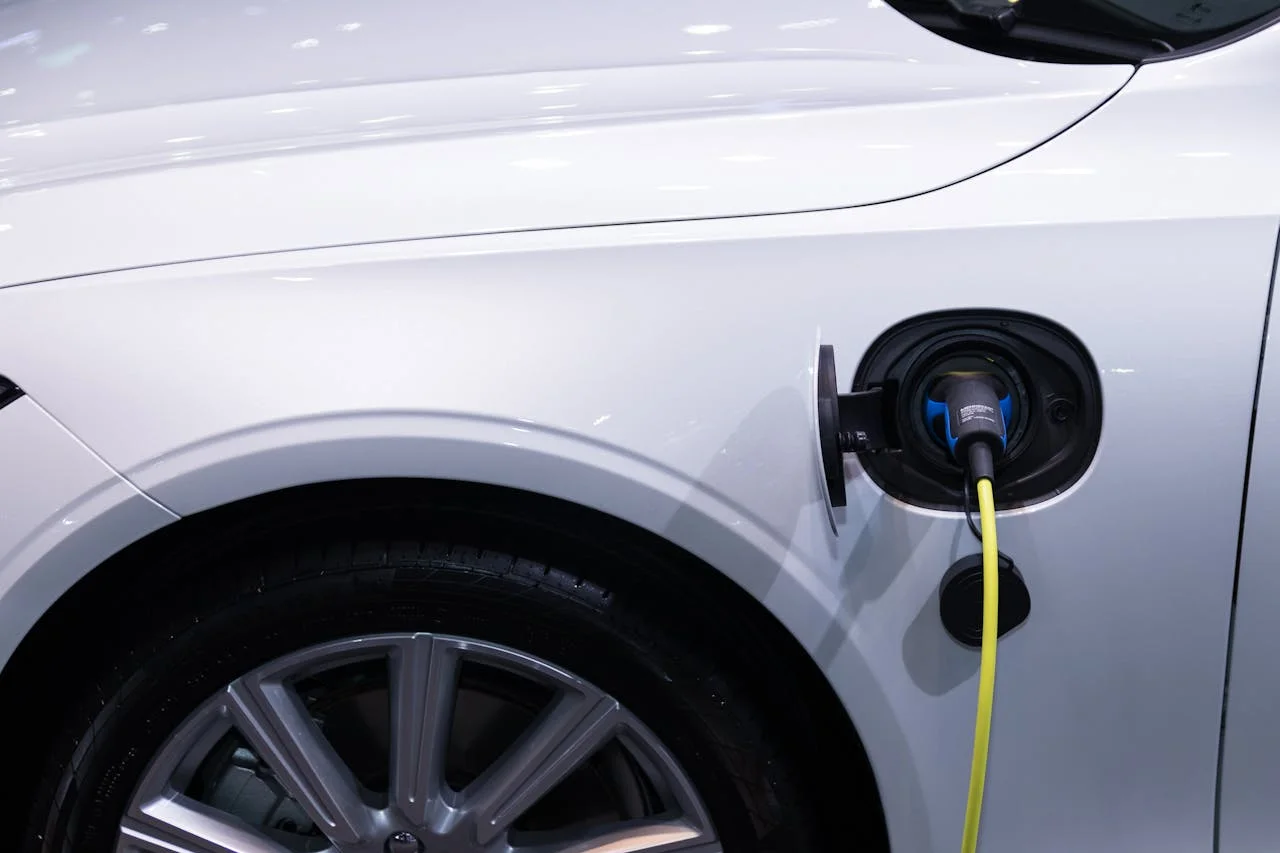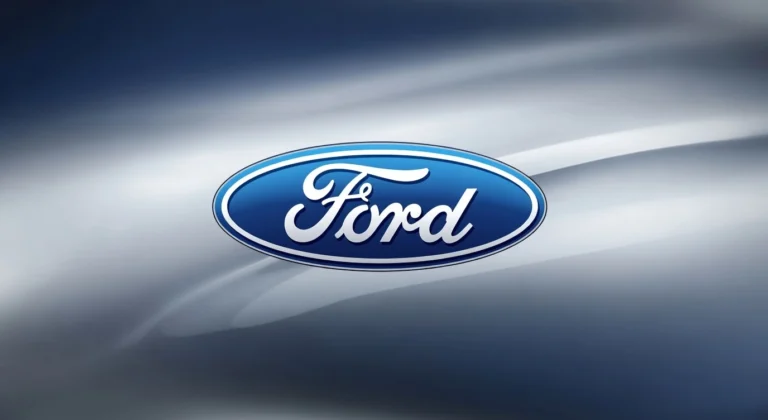
Duke Energy has launched the Duke Energy + Electrada Fleet Mobility Microgrid in Mount Holly, a groundbreaking electrification center designed for the charging of commercial and public electric fleet vehicles. This project, the first of its kind in the U.S., offers a zero-emission, carbon-free microgrid solution for fleet charging, marking a significant milestone in fleet electrification.
The center serves two key purposes: as a model for a reliable, utility-grade fleet electrification system that supports businesses in achieving sustainability goals, and as an active charging hub for electric fleet vehicles, including light-, medium-, and heavy-duty trucks. Through this collaboration, Duke Energy and Electrada aim to help commercial fleets design, deploy, and manage customized electric fleet depots, offering flexible configurations and capacity options. Fleets can either charge from the Duke Energy grid or use 100% carbon-free resources from the microgrid located at Duke Energy’s Emerging Technology Office in Mount Holly.
Harry Sideris, President of Duke Energy, emphasized the increasing focus on decarbonizing vehicle fleets as companies with sustainability goals seek new solutions. “The Duke Energy + Electrada Fleet Mobility Microgrid is ready to support businesses with cost savings, new charging options for zero-emission vehicles, and strategic guidance,” he said.
Electrada, an electric fuel solutions company, provides the capital “behind the meter” to fleet owners. The company offers reliable fleet charging through performance contracts, removing the complexity and risk associated with transitioning to electric fuel. Electrada’s model ensures grid stability, guarantees charging performance, and removes price volatility associated with electric fleet charging. Duke Energy’s role is focused on supporting the distribution system and the integration of increasing electric loads over time.
Kevin Kushman, CEO of Electrada, highlighted the importance of this collaboration, noting that while fleet electrification has taken hold in Europe and Asia, the U.S. faces unique challenges. This partnership will address those challenges and prove that large-scale electric mobility can be integrated with reliable, renewable grid services. “This project will help fleets embrace the transition to electric vehicles by building trust in the technology,” Kushman added.
The Duke Energy + Electrada Fleet Mobility Microgrid is equipped with six fleet charging stations ranging from 120 to 300 kilowatts (kW) and two Level 2 chargers. It is the first depot in the U.S. designed for medium- and heavy-duty trucks that can be powered by either the grid or 100% renewable energy from the integrated microgrid, which includes solar, battery storage, hydrogen, and other generation sources. This configuration enables testing and validation of software, vehicles, and microgrid interoperability, supporting the transition to electric fleets, even in challenging environments.
The site also functions as an innovation hub, allowing Duke Energy to study charging performance, energy management, and integration. The research conducted at the site will model efficient, cost-effective pathways for fleet electrification, from Class 1 (light trucks) to Class 8 (heavy-duty trucks), ensuring that the grid or microgrid distribution is well-managed. The integration of electric vehicles into the fleet sector is expected to have a significant impact on reducing greenhouse gas emissions in transportation.
Daimler Truck North America LLC (DTNA) is also participating in the program, using the Mount Holly site to demonstrate charging technologies and support sustainable logistics. DTNA’s manufacturing facility, located near the center, is a key partner in providing electric charging for inbound logistics and decarbonizing its supply chain. Jeff Allen, Senior Vice President of Operations at DTNA, stated, “The Fleet Mobility Microgrid enables us to provide carbon-free charging solutions for our logistics partners and plays a crucial role in decarbonizing our supply chain.”
As fleet electrification gains momentum, the U.S. is seeing increased adoption of electric vehicles (EVs), with approximately 9% of new car sales now being EVs. Sideris notes that energy consumption is expected to grow by 2% annually over the next 26 years, with a large portion of that growth driven by EV adoption. “A collaborative approach to renewable energy can significantly shape a cleaner, more sustainable energy system,” he said.
Duke Energy, a Fortune 150 company, serves millions of customers across multiple states and is committed to achieving net-zero carbon emissions from its electricity generation by 2050. Through innovations like the Fleet Mobility Microgrid, Duke Energy is leading the charge in the clean energy transition while focusing on reliability, affordability, and sustainability.







